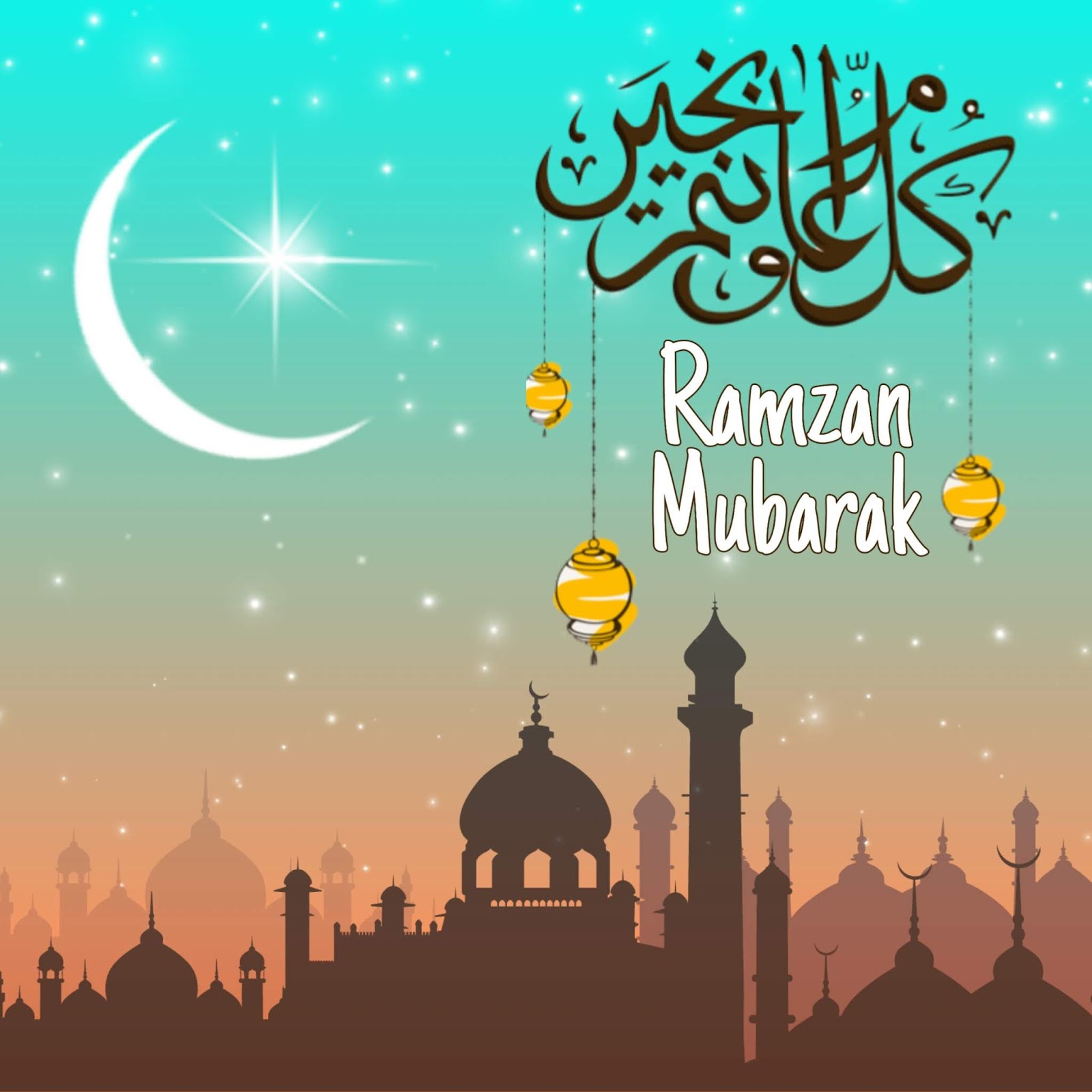Ramadan, a sacred month for Muslims around the world, is a time of reflection, devotion, and community. Each year, millions partake in the spiritual journey of fasting from dawn until sunset, seeking closeness to Allah and engaging in acts of kindness. During this month, two phrases often emerge in conversations: "Ramadan Mubarak" and "Ramadan Kareem." Though both expressions convey goodwill, understanding the subtle differences and appropriate contexts for each can enhance the spirit of this holy month.
As families gather for iftar, the breaking of the fast, greetings of goodwill are exchanged. "Ramadan Mubarak," which translates to "Blessed Ramadan," is a common salutation that reflects the joy and blessings the month brings. On the other hand, "Ramadan Kareem," meaning "Generous Ramadan," emphasizes the spirit of generosity and giving, which is central to the teachings of Islam. Both greetings encapsulate the essence of this holy month, but when should one be used over the other?
In this article, we will explore the meanings behind these greetings, delve into their cultural significance, and provide insights into how to celebrate Ramadan in a manner that honors these traditions. Join us as we embark on a journey to discover the true spirit of Ramadan through the lenses of "Ramadan Mubarak" and "Ramadan Kareem."
What is the Meaning of Ramadan Mubarak?
Ramadan Mubarak is a heartfelt greeting exchanged by Muslims during the month of Ramadan. It signifies a wish for a blessed and joyous month filled with peace and spiritual growth. The word "Mubarak" is derived from Arabic, meaning "blessed" or "happy." When combined with "Ramadan," it serves as a beautiful reminder of the sacredness of this time.
What does Ramadan Kareem Mean?
In contrast, Ramadan Kareem translates to "Generous Ramadan." This greeting emphasizes the importance of generosity and giving during this holy month. It encourages individuals to be charitable, share with those in need, and foster a sense of community, reflecting the core values of Islam.
How to Respond to Ramadan Greetings?
When someone greets you with "Ramadan Mubarak" or "Ramadan Kareem," it is customary to respond with a similar greeting. A simple "Thank you, Ramadan Mubarak to you too!" or "Ramadan Kareem!" suffices. This exchange fosters a sense of camaraderie and strengthens community ties during this special time.
How Can One Celebrate Ramadan Effectively?
Celebrating Ramadan is a deeply personal experience, but there are some common practices that enhance the spiritual journey:
- Fasting: The most significant aspect of Ramadan is fasting from dawn until sunset, which serves as a means of purification and self-discipline.
- Prayer: Increased prayer and engagement with the Quran are encouraged, deepening one's connection with Allah.
- Charity: Giving to those in need is paramount. Muslims are encouraged to offer zakat (almsgiving) and engage in acts of kindness.
- Community Gatherings: Sharing meals with family and friends, especially during iftar, fosters a sense of belonging and togetherness.
What Are the Cultural Variations in Celebrating Ramadan?
While the core practices of Ramadan remain consistent, cultural variations across different regions bring unique flavors to the celebrations. For instance:
- Middle Eastern Countries: Lavish iftar spreads featuring traditional dishes and desserts are common.
- South Asia: The atmosphere is vibrant with special prayers, nighttime festivities, and fireworks.
- Western Countries: Communities often organize interfaith events to promote understanding and share the significance of Ramadan.
How Can Non-Muslims Participate in Ramadan?
Non-Muslims can show solidarity and respect during Ramadan by learning about its significance, attending iftar events, or simply offering well-wishes. Engaging in open conversations can help bridge cultural gaps and promote mutual understanding.
Conclusion: Ramadan Mubarak or Ramadan Kareem?
As Ramadan unfolds each year, the expressions "Ramadan Mubarak" and "Ramadan Kareem" serve as beacons of hope and goodwill. They remind us of the joy of blessings and the importance of generosity during this sacred time. Whether you choose to greet others with "Ramadan Mubarak" or "Ramadan Kareem," the underlying sentiment remains the same—a collective desire for peace, reflection, and community.
In the spirit of Ramadan, let us embrace the values of kindness, compassion, and understanding as we engage with one another. May this Ramadan bring blessings to all, regardless of their faith, and foster a sense of unity among diverse communities.



